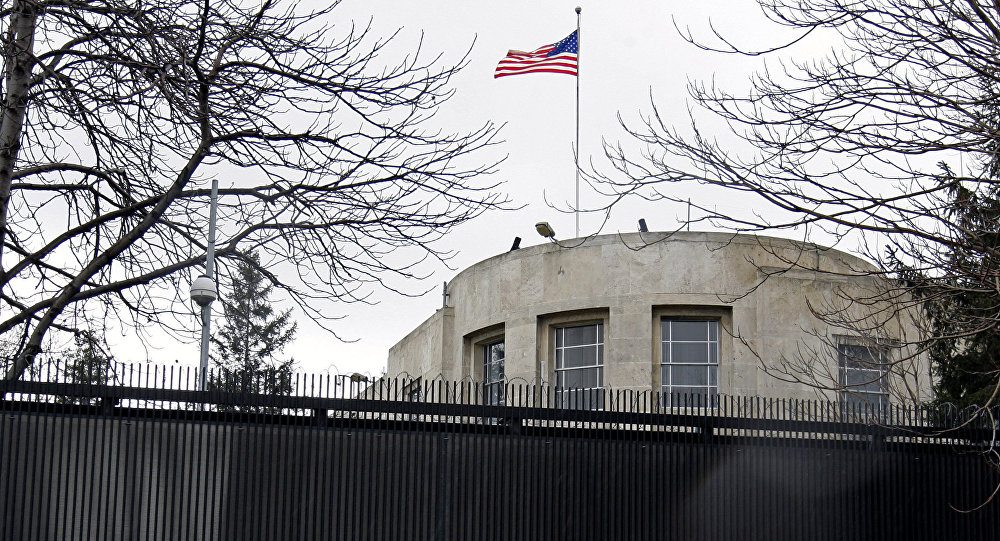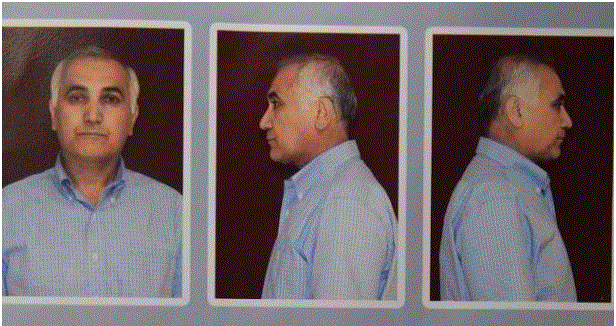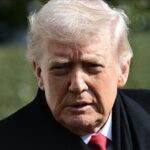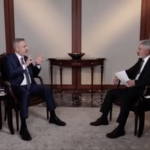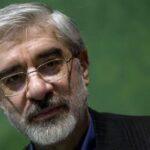“The United States Government is deeply disturbed by the arrest of a locally-employed staff member of the U.S. Consulate General Istanbul on October 4, and by leaks from Turkish government sources seemingly aimed at trying the employee in the media rather than a court of law. We believe these allegations to be wholly without merit. … For decades, the tireless work of local employees of both countries to promote cooperation between Turkey and the United States has improved security for both of our countries, enhanced business opportunities, and brought our citizens closer together. Baseless, anonymous allegations about our employees undermine and devalue this longstanding partnership.”
– U.S. Ankara Embassy tweet from official account, 5 October 2017
“After my experience in 1964 with that old fool Papandreou over Cyprus, I began to wonder whether the Greeks were worth saving after all. The Turks certainly were.”
— Former Secretary of State Dean Acheson
to former President Harry Truman, 21 April 1967
After the recent arrest of a long-term and important Turkish employee of the U.S. Istanbul Consulate, the U.S. Embassy Ankara expressed its concern, stating that it was “deeply disturbed.”
As a U.S. citizen who has resided in Istanbul for nearly twenty years, I want to express my agreement, because I too am deeply disturbed. I am deeply disturbed that someone who has been employed by the Consulate since 1982, and who is apparently closely linked to Fethullah Gülen’s cult, has been retained in the U.S. Consulate’s staff until this point. That is despite the fact that the Consulate has, for at least a decade and surely much longer, specifically noted the visa applications of those Turkish citizens known or assumed to be linked to Fethullah Gülen.
Let’s say, for the sake of argument, that all of the phone calls linked to the person in question, all of his contacts with known Gülenists, and all of his excursions to the U.S. turn out to be entirely in good faith, carried out solely in connection with his responsibilities at the Consulate. Even in that case, I am deeply disturbed that, as soon as reports emerged indicating that someone at the Consulate had been in close contact with those carrying out illegal activities ordered by Fethullah Gülen, and intended to damage the Turkish state (such as the extra-legal stopping and search of the Turkish National Intelligence Agency’s trucks in early 2014), no U.S. officials provided full, detailed accounts of how or why such contacts had occurred — despite the issue’s clearly urgent nature.
Moreover, the Turkish public has been aware of these reports for several months now, but no satisfactory steps have been taken by the U.S. Ankara Embassy or by the U.S. Istanbul Consulate to dispel doubts that are now widespread in Turkish society. I am deeply disturbed that it has been left to the Turkish authorities to identify who abetted this apparent subversion or espionage against the Turkish state from the U.S. Consulate’s premises.
I am also deeply disturbed that the U.S. Embassy’s first reaction is to verbally accost the Turkish authorities, who are pursuing a wide-scale investigation vitally important to the future stability and transparency of Turkish state institutions, as well as to the well-being of Turkish society. Instead of a neutral statement, which would have been the correct response, the Embassy chose to take a stance on a matter of domestic Turkish politics and security. This is reprehensible, but in no way new, unfortunately.
Over the years, I have often been deeply disturbed by the behavior of officials charged with representing the U.S. government in Turkey. When Ambassador Bass forgot the gravity of his office, and tweeted pictures of himself or inappropriate political remarks, I was deeply disturbed. When previous U.S. Ambassadors to Turkey commented on or involved themselves in domestic Turkish politics, I was deeply disturbed. When the NYT published an error-filled, anti-Turkish diatribe from Eric Adelman, another former U.S. Ambassador to Turkey, I was deeply disturbed. When I personally witnessed the (then) U.S. Istanbul Consul General tell a private round table on Turkish-U.S. relations that increasing anti-U.S. sentiment in Turkish society stemmed from the Turkish government’s failure to better explain U.S. foreign policy choices to Turkish citizens, I was deeply disturbed. When the George W. Bush Administration dispatched Paul Wolfowitz to browbeat Turkish officials for excessive democratic tendencies after the 1st March (2003) Parliamentary Resolution, I was deeply disturbed.
Those are only some of the deeply disturbing moves or steps that I have witnessed from U.S. officials in the years that I have lived in Turkey. These deeply disturbing incidents are also notably bipartisan, coming from U.S. administrations headed by both Democratic and Republican Presidents.
But for several decades now, U.S. foreign policy has swung like a pendulum between idealistic hawkishness and idealistic dovishness, two sides of the same pyrite coin. Throughout this period, U.S. officials have had a great deal of difficulty grasping that their best interests dwell in more intense efforts to understand the realities of various societies, to respect the views of those societies’ citizens, and to comprehend the effects of U.S. decisions on those societies. Getting involved in those societies’ domestic politics, backing (whether actively or tacitly) efforts to affect election results in other countries, or harboring those who have committed crimes in other societies only blackens an already deeply disturbing U.S. foreign policy image.
However, I don’t have much hope that this situation will change any time in the near future. As the current U.S. administration purposefully defunds and cripples the State Department, the only U.S. institution with the capacity to carry out basic foreign policy functions, expecting positive change or more rational policy-making seems to be utter fantasy.
So the imminent departure of Ambassador Bass will likely have little impact on trends in U.S. policy towards Turkey. Though a chorus of “good riddance” is currently echoing in the Turkish press, I remember several such exits in the past. Robert Pearson was jeered out of the country, and pretty much everyone said “don’t let the door hit you on the way out” to Francis Riccardone. The new American face in Kuğulu Park, or in the fortress in İstinye, will fare similarly without a serious reassessment, and without a consequent, fundamental, constructive change in U.S. policy toward the Turkish Republic and toward Turkey’s immediate region.
Yazıyı beğendiysen, patronumuz olur musun?
Evet, çok ciddi bir teklif bu. Patronumuz yok. Sahibimiz kar amacı gütmeyen bir dernek. Bizi okuyorsan, memnunsan ve devam etmesini istiyorsan, artık boş olan patron koltuğuna geçmen lazım.
Serbestiyet; Türkiye'nin gri alanı. Siyah ve beyazlar içinde bu gri alanı korumalıyız. Herkese bir gün gri alanlar lazım olur.




